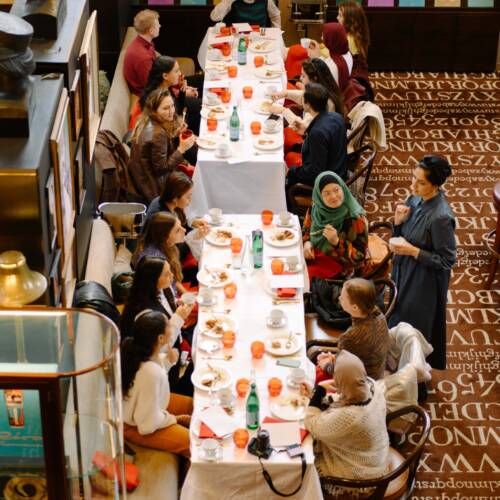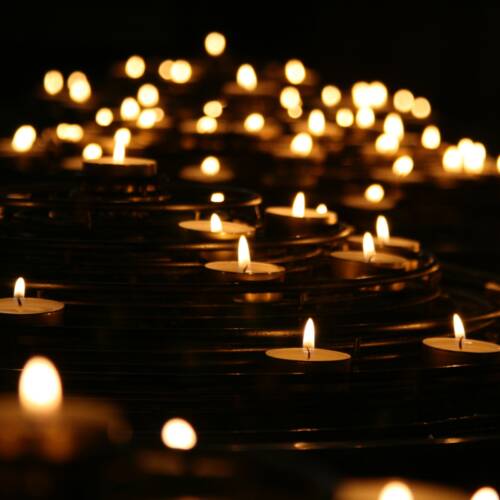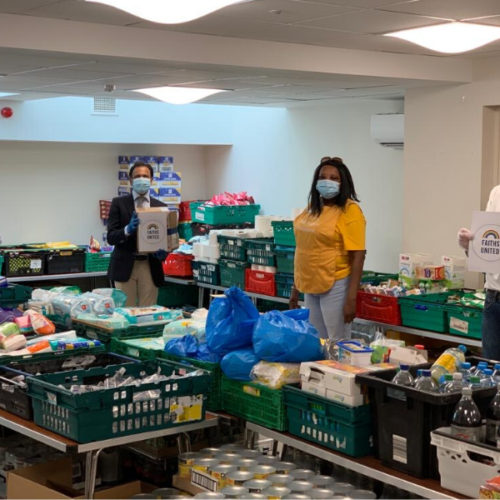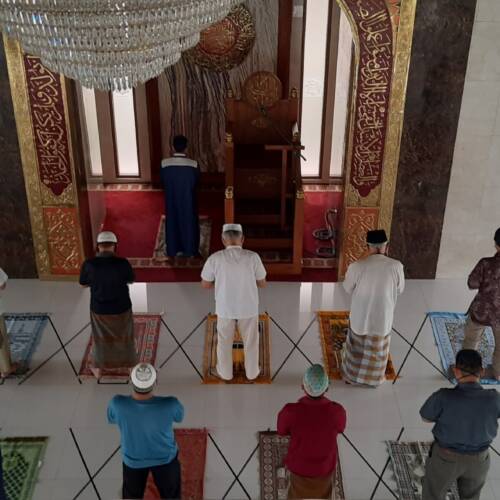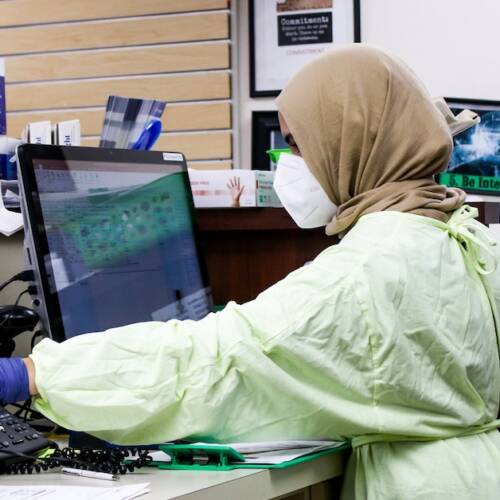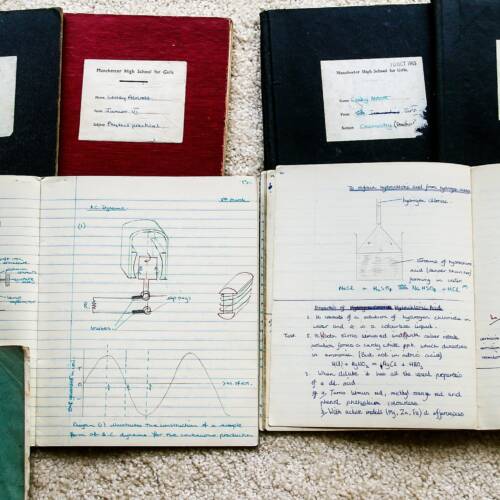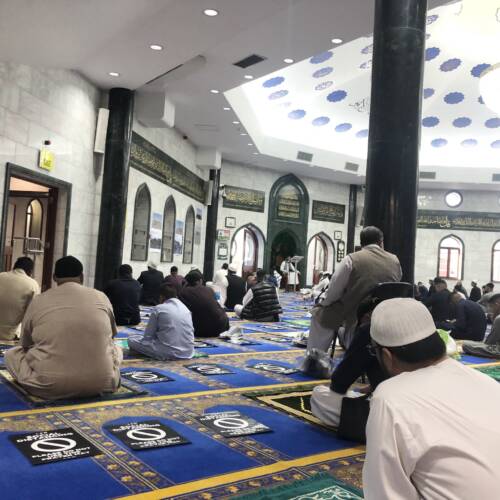
Muslims Are Finding New Ways to Observe Ramadan, Isolated by The Coronavirus
28 Apr 2020It is no secret that Ramadan of 2020 is turning very differently compared to previous years. With much of the world still in the grips of the coronavirus outbreak, social-distancing and self-isolation have become the new normal. For Muslims who are accustomed to spending Ramadan holding mass iftar meals or prayers with friends, families and the members of their community, the sense of separation and isolation has been especially hard.
However, one shouldn’t underestimate the strength people have to adapt to difficult circumstances, and the Ramadan of 2020 is no exception. From charitable acts for the most vulnerable of the community to holding mass sermons and prayer sessions over the internet and even building a mini-mosque in their homes, Muslims around the world are finding ways to observe the holy month, adhering to social-distancing while still staying true to the sense of community and introspection that defines it.
Many mosques and community groups have organised donation drives
One of the main tenets of Ramadan is to remember those who have less than us and do charitable acts for the vulnerable members of society. So, it is unsurprising that Muslims in the United Kingdom and the United States have started many donation drives. Such drives are especially important in the days of the coronavirus outbreak, as the social-distancing measures and lockdowns have left many of those most vulnerable – the elderly, the poor and the ill – with few ways to get their basic needs.
In Walsall, UK, the Aisha Mosque started a donation drive to the NHS staff working at the Walsall Manor Hospital as a show of appreciation for their efforts. The Mosque also organised volunteers to help those who cannot buy their medications or basic needs on their own. A similar drive came from a group of Mosques and Muslim-owned businesses in Lancashire who made donations of gifts, food and other items to the East Lancashire Hospital Charity for Ramadan. Meanwhile, the Ghausia Mosque in Huddersfield offered parcels of food to the local food bank. “As one of the members said, although we are fasting today, it is our duty to ensure no one goes hungry,” said a spokesperson for the Mosque.
Similar drives were organised in the US. In the state of Oklahoma, the Grand Mosque/American Muslim Association donated more than $15,000 to the Oklahoma City Homeless Alliance. The Oklahoma Muslim Women for Humanity will also be donating another $8,000 to the homeless alliance. The Oklahoma Muslim Women for Humanity also normally organised the annual “Meals by Muslims” event. However, with organising it this year being difficult due to social-distancing, the organisation instead donated money to homeless shelters directly.
Some Muslims are finding ways to stay in touch with their communities
Unable to perform events as they are used to because of social-distancing, some Muslim communities are, instead, finding novel ways to stay in touch with their communities. In the town of Dearborn in the US State of Michigan, the local Muslim community, believed to be the largest in the US started a new tradition this year by launching a Ramadan lights competition. Inspired by Christmas lights and decorations and knowing many local Muslims already decorate their homes in a similar way for Ramadan, the local community decided to turn the event into a competition. The winner will be announced on Eid al-Fitr. The event will also be featured in the Halal Metropolis project that documents the lives of Muslims in southeast Michigan.
Meanwhile, a Muslim family in Wales has taken a similar approach. Finding themselves unable to visit their local mosque for Taraweeh prayers due to lockdown, the Milah family, living in Newport built a small mosque at their home, including decorative minarets. Shaz Milah, who built the mini-mosque, hopes that he can help bring the sense of community that is felt when praying together with a congregation. Mosques themselves are organising online events over the course of the holy month to keep their communities connected to one another. The advent of technologies such as videoconferencing has allowed mosques across the UK to hold events such as prayers, recitations of the Holy Qur’an and even iftar meals over the internet.






